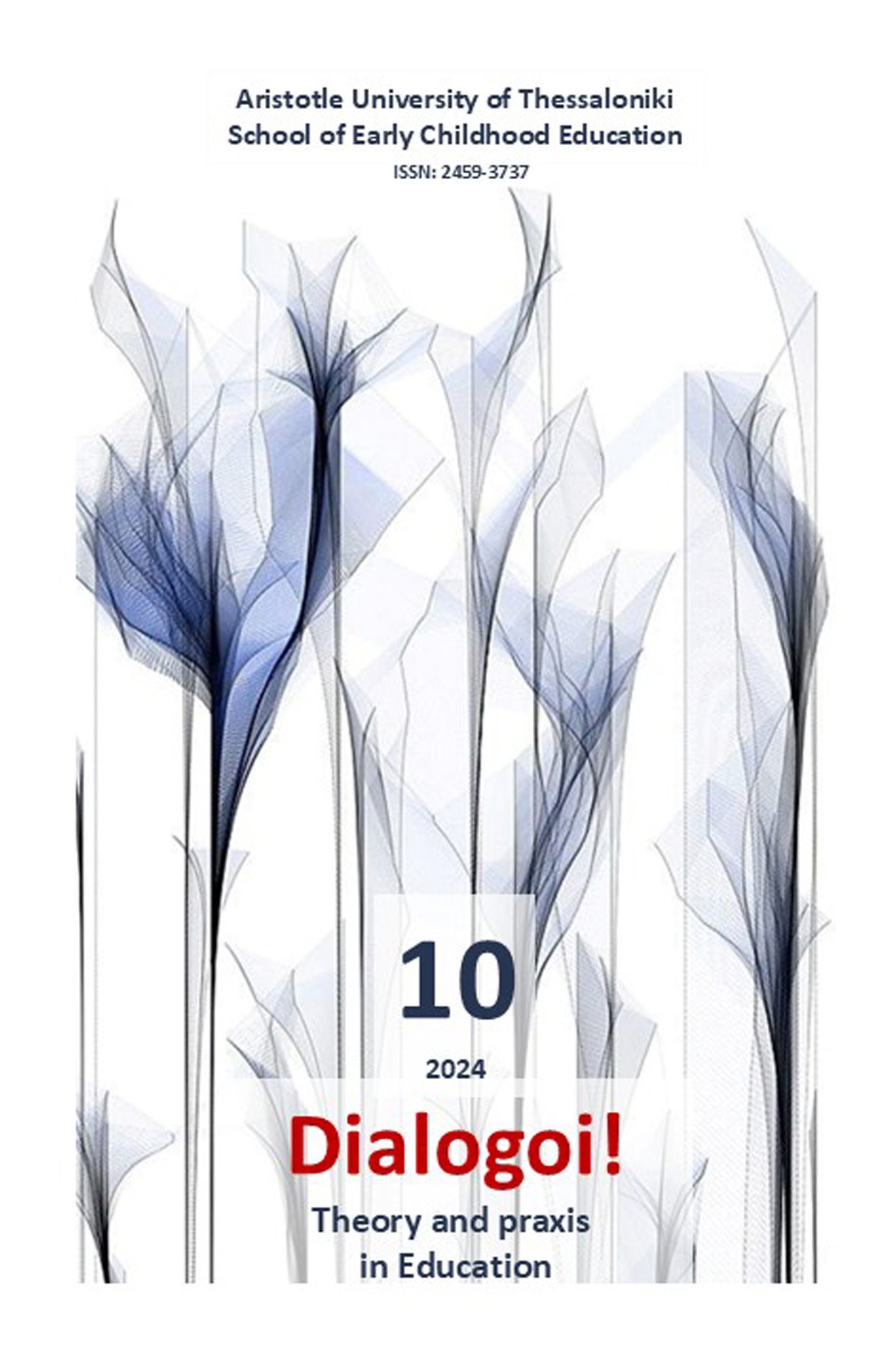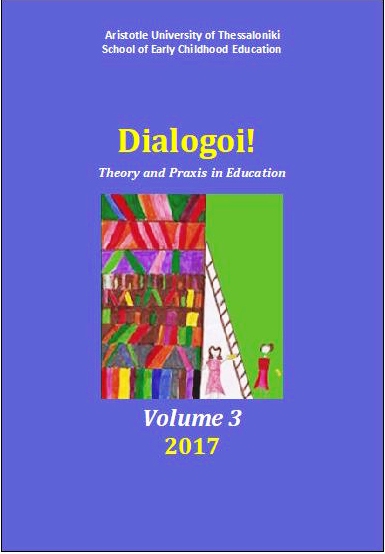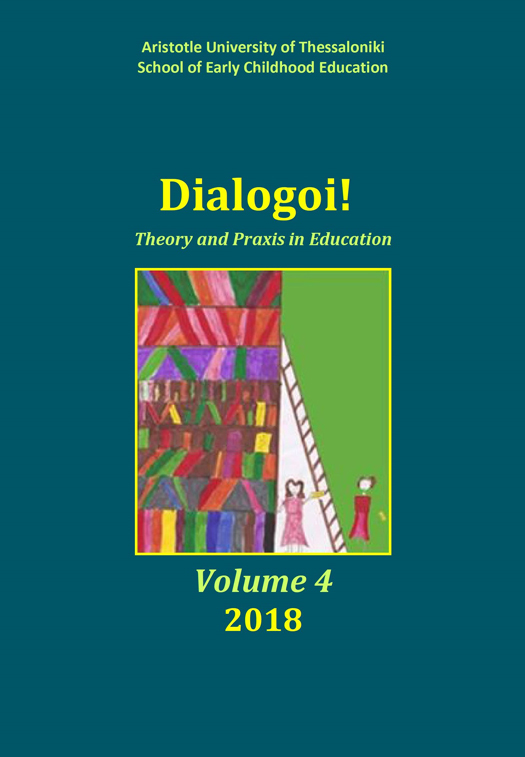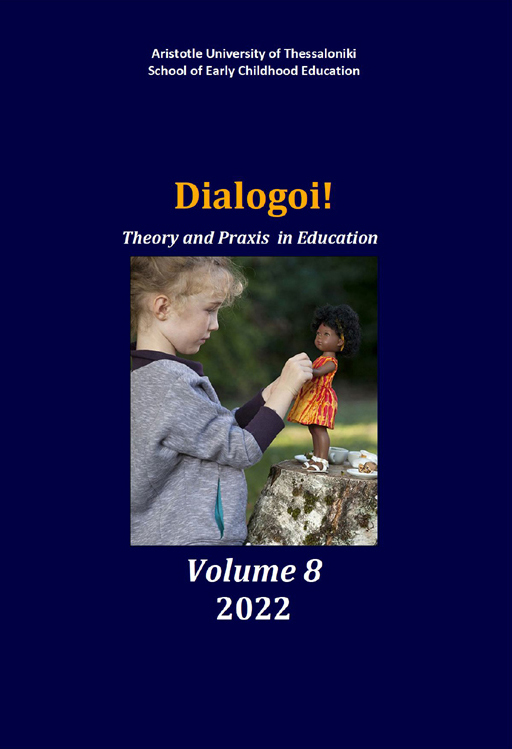Language policy issues in the Dutch community school in Athens

Abstract
The present study investigates the Dutch community school in Athens which is attended by students who come from a family with at least one Dutch parent. Community schools are organised educational units within immigrant communities residing in host countries with a dominant language different from their language of origin and aim, in the majority of cases, both in the Greek and international context, at the linguistic preservation of the 'minority' language, the language of origin. Also, the enrolment of children in community schools is considered a strong linguistic practice on the part of families with an immigrant background, in the context of the theory of 'family language policy'. At the same time, language policy and planning (LPP) is considered an important factor contributing to language maintenance and, in this light, the Dutch community school in Athens is examined in this paper: how the Dutch language and its teaching is perceived in the context of this community school and the families whose children attend this community school, and what issues of language policy and language planning arise. To explore these questions, interviews were conducted with parents and teachers at the school. The analysis of the data highlighted the language planning and targeting of the community school, which differs from other cases of community schools in Greece.
Article Details
- How to Cite
-
Hliopoulou, A., Maligkoudi, C., Kantzou, V., & Androulakis, G. (2024). Language policy issues in the Dutch community school in Athens. Dialogoi! Theory and Praxis in Education, 10, 220–237. https://doi.org/10.12681/dial.35799
- Issue
- Vol. 10 (2024)
- Section
- New researchers

This work is licensed under a Creative Commons Attribution-NonCommercial-ShareAlike 4.0 International License.
Authors who publish with this journal agree to the following terms:
- Authors retain copyright and grant the journal right of first publication with the work simultaneously licensed under a Creative Commons Attribution Non-Commercial License that allows others to share the work with an acknowledgement of the work's authorship and initial publication in this journal.
- Authors are able to enter into separate, additional contractual arrangements for the non-exclusive distribution of the journal's published version of the work (e.g. post it to an institutional repository or publish it in a book), with an acknowledgement of its initial publication in this journal.
- Authors are permitted and encouraged to post their work online (preferably in institutional repositories or on their website) prior to and during the submission process, as it can lead to productive exchanges, as well as earlier and greater citation of published work (See The Effect of Open Access).





